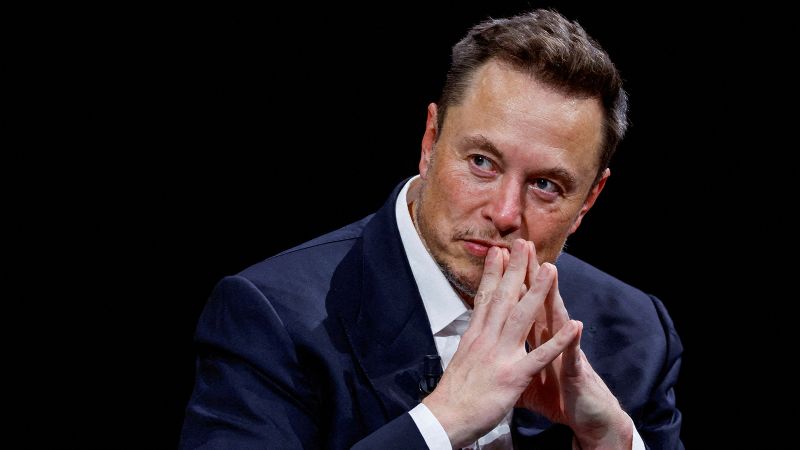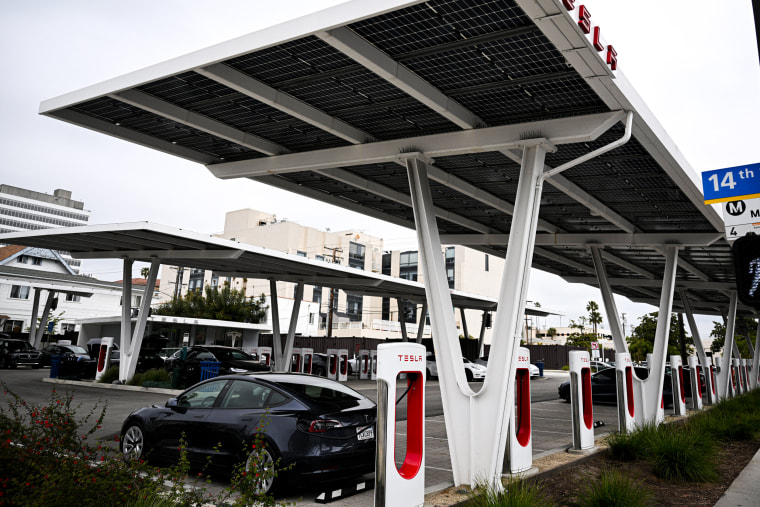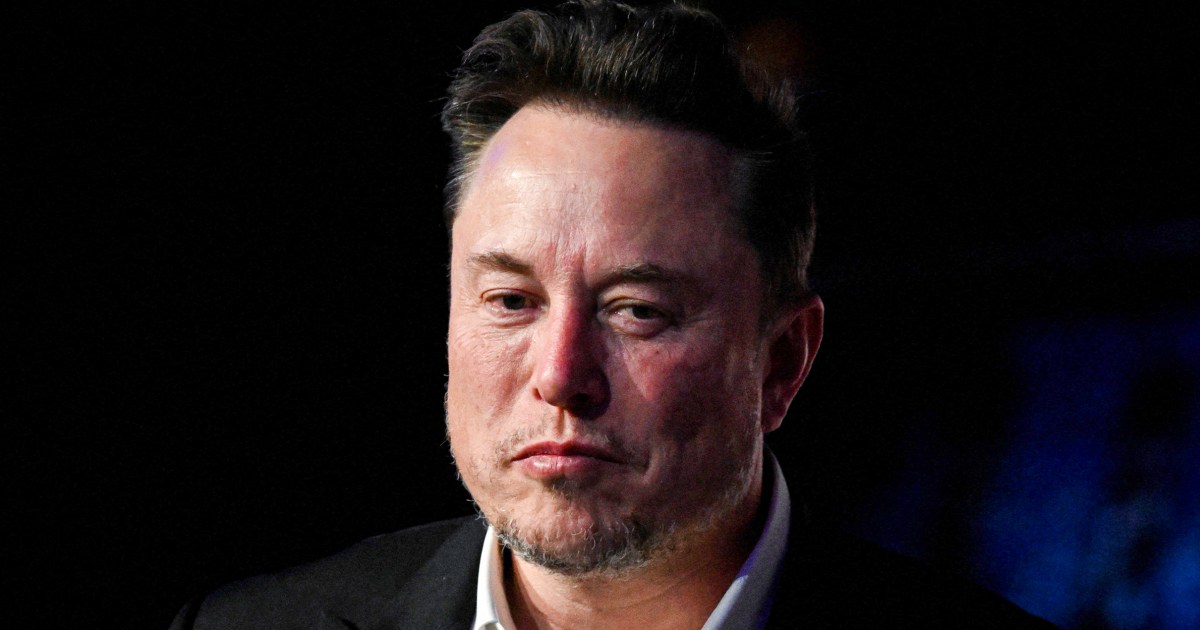
In a highly anticipated shareholder vote, Elon Musk's $51 billion pay package from Tesla is under scrutiny once again. Two influential advisory firms, Institutional Shareholder Services (ISS) and Glass Lewis, have urged Tesla shareholders to reject the compensation package due to its excessive size and concerns about Musk's numerous side projects.
The controversy surrounding Musk's pay began in 2018 when the package was first approved. However, it was thrown out by a Delaware Chancery Court judge earlier this year due to shareholder challenges over its legality.
ISS, which advises institutional investors on voting matters, called the pay package 'excessive' and noted that shareholder concerns have not been sufficiently mitigated since its approval. The firm also criticized Musk for his involvement in other businesses such as SpaceX and X, formerly known as Twitter.
Glass Lewis echoed similar concerns in a 71-page report, warning about the size of the compensation plan and Musk's 'slate of extraordinarily time-consuming projects' that are unrelated to Tesla. Musk responded by telling shareholders that the firms commit 'key considerations, use faulty logic, and rely on speculation and hypotheticals.'
The Tesla board is putting the same 2018 package up for a revote at the annual shareholder meeting on June 13. The move to Texas, where Musk also operates SpaceX, was proposed shortly after the Delaware Chancery Court judge sided with Tesla shareholders who challenged the legality of the pay package.
The debate over Musk's pay comes as Tesla continues to ramp up its artificial intelligence efforts and maintain control over the company. Musk has been vocal about his need for enough shares in Tesla to ensure this, leading him to lobby on social media platform X for shareholder support.


